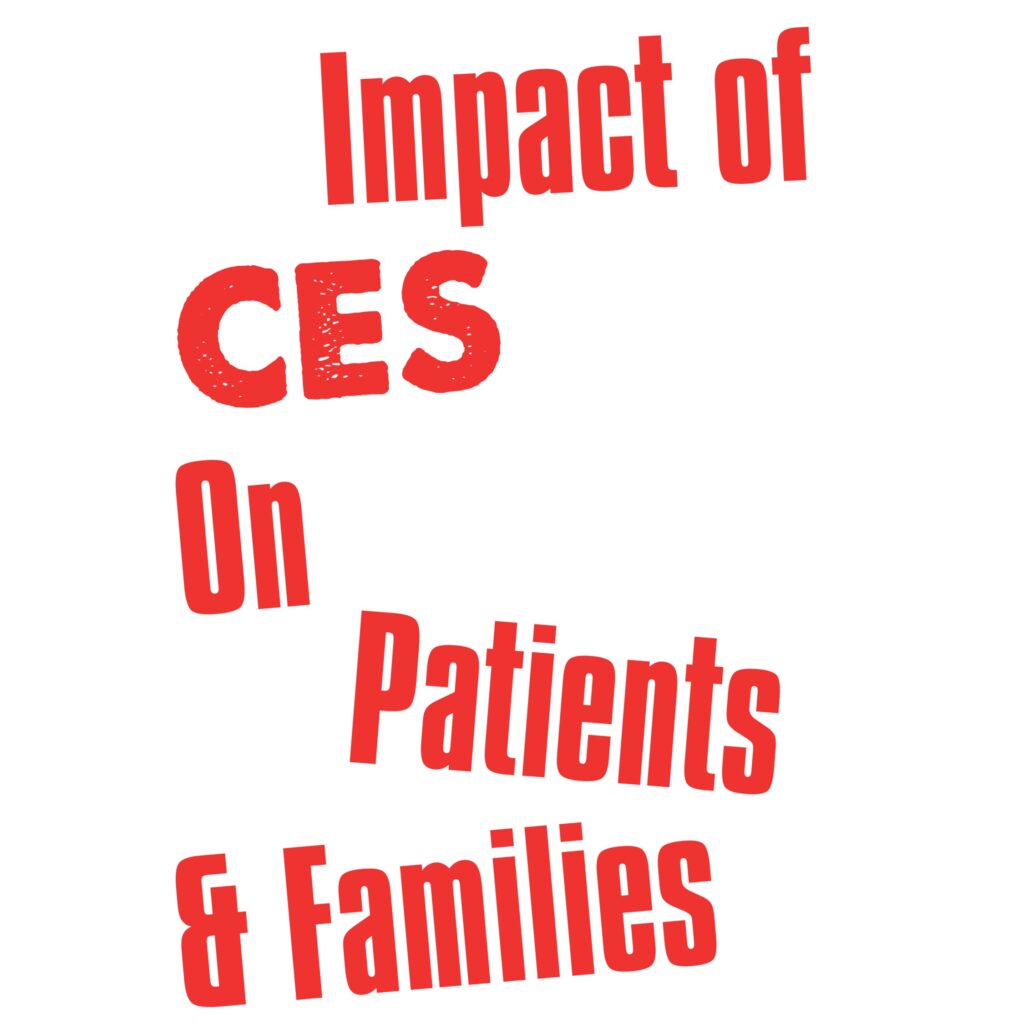Hello
I don’t have a spinal cord injury myself, but I have worked at the London Spinal Cord Injury Centre for 21 years now, plus I do some telephone counselling for the Spinal Injuries Association up in Milton Keynes. In recent years I have become more and more interested in “invisible disability” and the psychological impact of this.

Claire asked me to write something about the impact of Cauda Equina Syndrome, on people and their families. This is a huge topic, so I thought I’d say something about one big issue today. This is about dealing with other people’s lack of knowledge and understanding.
What I have learned from people I have met with CES, like yourselves, and from other people with spinal cord injury who can walk (even a little bit), is that you are frequently misunderstood. I can think of at least three factors which can contribute to this:
1. People somehow expect “disability” to mean a wheelchair or walking frame or prosthetic limb, something visible;
2. You are not all alike, and your problems can vary from day to day, and if you appear inconsistent, people may feel that your condition is “vague” and easy to dismiss;
3. In a political climate of suspicion, and envy of anyone with money, you can be judged, and given a label like “scrounger” or “exaggerating”.
The good news is that some of us “get it”, as in, some of us do know that this condition is real, is disabling and is very hard to live with. We know that you have one or more of a range of physical symptoms, you struggle to fulfil your roles, you sometimes feel guilty, grateful, angry, frustrated and at times despairing. Get support from us, to help you through the battles ahead.
I suggest you try the following, when dealing with new people:
1. Expect some misunderstanding,
2 . Kick off with an acknowledgement that it is hard to understand,
3. Follow this with an offer to explain, eg “I know you are probably puzzled that I am claiming disability and yet I’m able to walk. I can tell you about my condition and I can give you evidence.” You might want to use the term “ambuplegia” or “spinal cord injury”. Tell them “this is not the same as a back injury”. It is a rare, neurological condition.
4. You might decide to tell them something about the emotional impact, for example “it is frustrating when people think I’m fine” or “it is hard to accept that my body has changed”.
5. Wait for their reaction, and if it shows that they have not understood, take a breath, try to be patient with them, and explain further.
It is hard to be patient when you are the person in pain or feeling frustrated.
You will need time to grieve, for what you have lost. You will need support from other people. You will probably need to work on your communication skills, to get through the barriers of other people’s ignorance. And you will need to persevere, when the going is tough.
If you are reading this because you are a relative, partner or friend of someone with Cauda Equina, likewise, the impact on you is huge, and very hard for other people to understand. For example if your partner has lost some sexual function, this will affect your relationship. If your loved one has bladder or bowel urgency, and fear of falls, they will be unwilling to go out to places you used to go together. You may wonder, how much is it fair to confide in your own friends about these problems, without undermining your loved one’s dignity? Where can you get help for you?
Again, you will need time to grieve, for the way your life has changed, you will need support (from peers or professionals) you will also probably need to work on communications, to deal with his/her/their mood, and to deal with other people’s lack of understanding, and you too will need to persevere, when your goal seems hard to reach.
I have met some remarkable people with Cauda Equina Syndrome, and they are leading fulfilling lives, but it took time to find the ways to do this. Be gentle with yourselves while you experiment with new ways of living. Stay hopeful. You will get there.
Helen Smith, BA MSc C.Psychol


